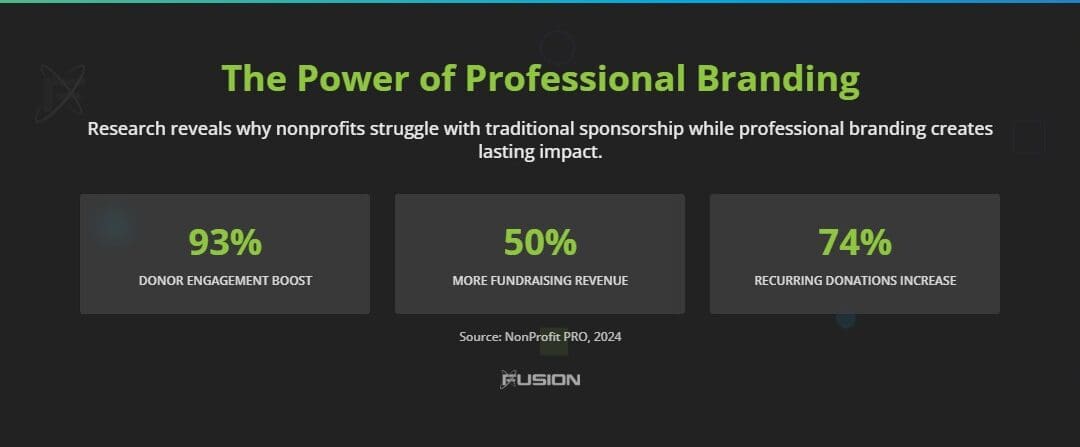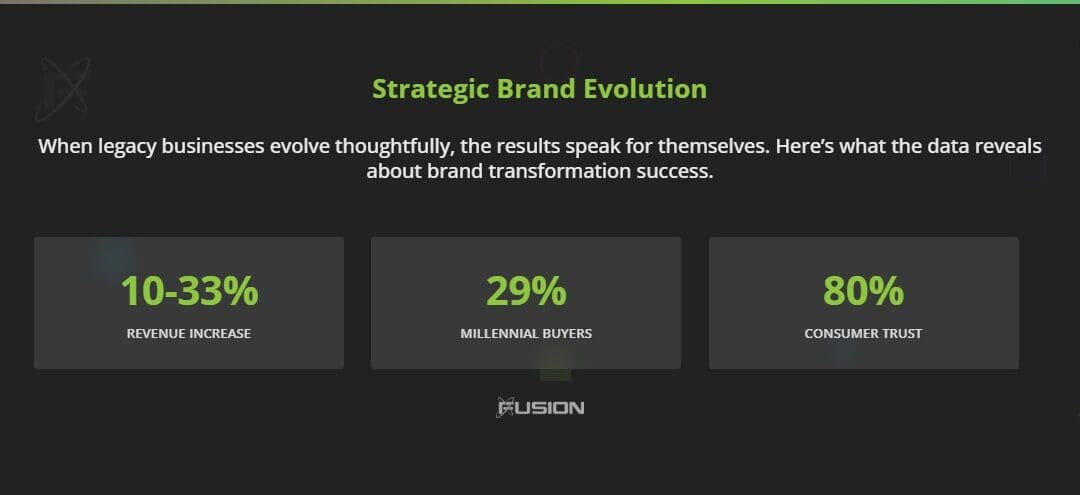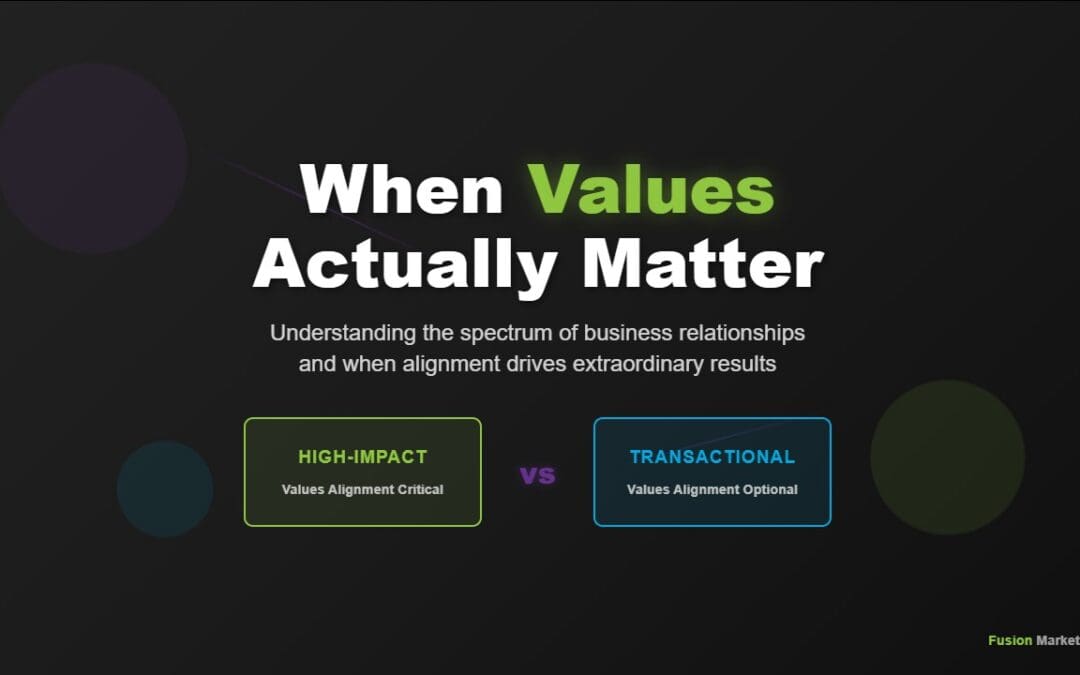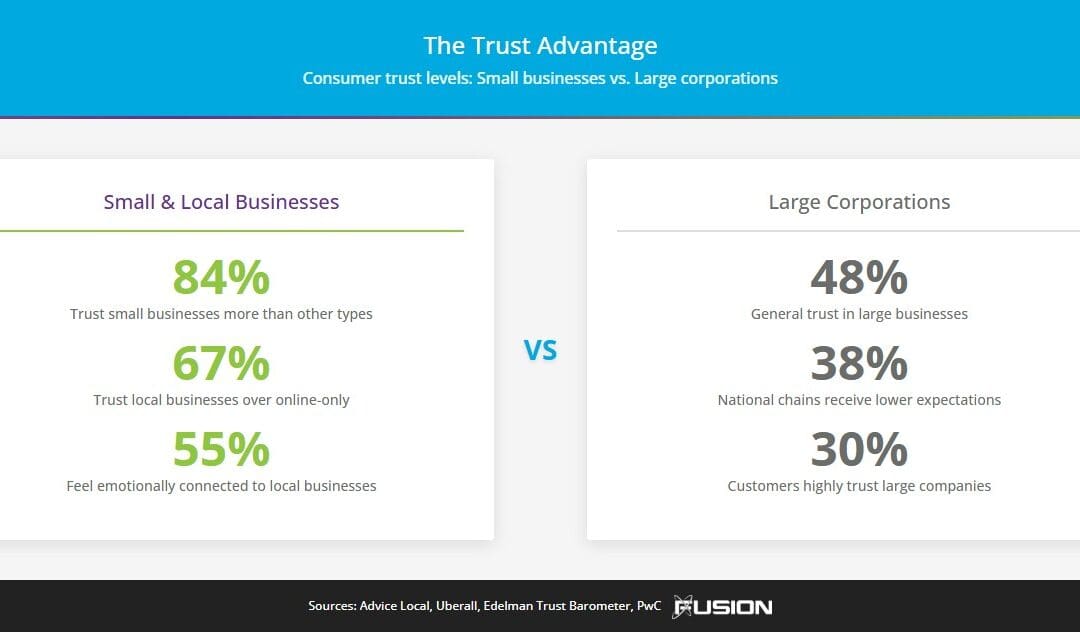Launching a new business idea is an exciting time for any entrepreneur. However, it can also be daunting because there are many steps to take before your company is up and running.
When you’re ready to start a business from scratch, there are several steps to take before your company is up and running, so you need to plan ahead. Determine what your company will offer that no one else can, estimate the necessary finances for operating and starting-up the business, register your company with the appropriate government agencies, make a list of equipment that you will need as well as legal entities for incorporation, and finally write up a detailed business plan including marketing plans, financial projections, management team work plan, etc.
If you’re tired of searching for “how to start a business,” your search stops here. Read this step-by-step guide and learn everything you need to know about how to start a business!
Ask Yourself if You Are Truly Committed to Your Business Idea
Starting a small business from scratch can be an exciting time for any entrepreneur. Still, it can also be daunting because there are many steps to take before your company is up and running.
When thinking about launching a new business from scratch, there are many steps to take before your company is up and running, so you need to plan ahead. If you want your small business to succeed in this industry, you have to be committed.
If you are committed to success, then go for it! If not, then a small business venture may not be the best choice for you.
Be sure that your idea will help others and make some difference in their lives; if this is the case, pursue your vision with all of your might.
Determine What Your Company Will Offer That No One Else Can

Ask yourself the following questions if you don’t have a clear picture of what your own business will look like. What are you passionate about? What wouldn’t you want to be stuck doing for the rest of your life? Is there a specific skill or hobby that you excel in? Think of all your passions and abilities; what will they contribute to owning a successful business?
When looking at all of these questions, you need to be honest with yourself.
If you don’t really know what you are passionate about, ask the people around you. They know you best and can help you determine the activities that would be most enjoyable for you to focus on.
It would be best to spend some time taking inventory of your skills; there may be one that you wouldn’t mind developing into a career.
Hone in on the Core of Your Concept
Another thing to think about is the central idea of your concept. When you decide what your company will offer, be sure to find something that sets your small business apart from any competitor. Is there a significant enough difference in what you’re selling or offering that it could make a substantial impact on potential consumers? If not, you may need to come up with a new idea.
When it comes down to it, make sure that your business is something you want to use or participate in yourself. If the answer is no, then find some way to spice things up until it does become something that interests you.
For example, if you start a baking business, find a market that you think you can monopolize. Making pies isn’t going to be enough to keep your business afloat for a long time if there are a lot of other successful bakeries in town.
By honing in on the core concept of your business structure, you will be able to make decisions from there. Your passion and talents should help guide you and make the road towards having a successful business much more accessible.
Take the Time to Look into Competitors and Conduct Thorough Market Research
When you’re ready to get the ball rolling, it’s essential to take some time and conduct some market and competitor research so you can best figure out how to approach the business. Competition is something that’s not always easy to lock down, but by taking some time and exploring what your competitors are doing – and how they’re doing it – you’ll be able to find a way in which you can stand out amongst them to your target market.
How viable is the product or service that you intend to sell? For this, you will need to conduct market research. As a result of this research, you’ll be able to gauge the demand for your product or service, as well as the preferences of your target market. This step is an essential aspect of your business plan, which you’ll utilize to secure financing.
It’s a good idea to conduct your own research when starting a business and look at previous studies. Sometimes, one study will be contradicted by another. By cross-referencing your studies, you can draw conclusions based on credible information.
Before you start to market your product or service, it’s crucial to have a good grasp of the demand for whatever you’re planning to offer. If there isn’t any demand, it will be hard for you to build up your small business.
Your research should also lead you towards the best ways to approach marketing your product or service. For example, if there are already many bakeries in town, then perhaps a good business idea would be to consider advertising your pies as gluten-free or using organic ingredients because this could set them apart from other bakeries.
Draw Up a Business Plan

A business involves planning. A business plan is a list of the steps you need to take if you want to start your own company.
Executive Summary:
While the executive summary should be the first item in your business plan, it should be written after all other sections. It describes your new business venture and the methods you plan to use to achieve the goals.
Background Statement:
A background statement will help you describe your company’s purpose and what sets it apart from competitors. It should also include information about the founders and how they came up with the idea for their business. Finally, you can use this paragraph to summarize any relevant experience that you or other team members may have had in this industry and why you think there is an opportunity for success.
The first section should be short and concise, focusing on the basics: what your company does, where it operates (is there an online store or do you intend on having a physical business location?), its founding date, etcetera. The second section should offer more detail about who founded the organization and why they did so; detailing any relevant experience each business owner or founder has had which will help your start-up succeed; and finally, highlighting any market research that you have conducted to back up the choice to launch the small business.
Mission Statement and Company Goals:
A company’s mission statement should convey the company’s purpose for starting a business. It should answer questions like “Who are we?” or “What is our goal?” Finally, it should tell the reader why they are reading the business plan in the first place.
It can be effortless to put together, too, if you brainstorm and know your company’s goals and what you want it to do for your customers.
Organizational structure:
This section describes the type of corporate organization you foresee, what risk management measures you recommend, and who will be on the management team.
The organizational structure portion of a business plan should be broken down into sections about company leadership (are there other business owners, or are you the sole proprietor)), governing entity (director, board of directors), general participants (interns, contractors), general participants (other stakeholders like vendors, customers) and employees.
Marketing Plan:
A marketing plan is a general overview of how you expect to make money from your business. It will cover the type of customers you want, your differentiators from competitors, and your strategy for reaching those target customers.
Your plan should include the company mission statement, mission metrics (how do we define our mission?), marketing objectives (what are our specific, measurable marketing objectives?), target customer, differentiators from the competition, promotional mix (price discounts, advertising, sales promotions), company key performance indicators (KPIs or what are some quantitative metrics for measuring our success?) and financial information.
Financial Plan:
The financial plan is the main section of your business planning. The first part should describe the company’s expenditures over time, including financing plans and sources. Next, you will need an income statement that shows income, expenses, the difference between them (profit or loss), and how much money you have left to pay back loans or bring into the company as retained earnings. The second part of the financial plan will show your budget, including cash flow and capital expenditures.
Summary:
A summary of your entire business plan (usually included as the last section) should be short but include all the critical points you’ve made throughout. It’s a good idea to list any assumptions that underlie your financial projections and how they were identified. This is a single paragraph or a few bullet points which sum up the essence of the whole.
Pick a Business Structure That Fits Your Needs
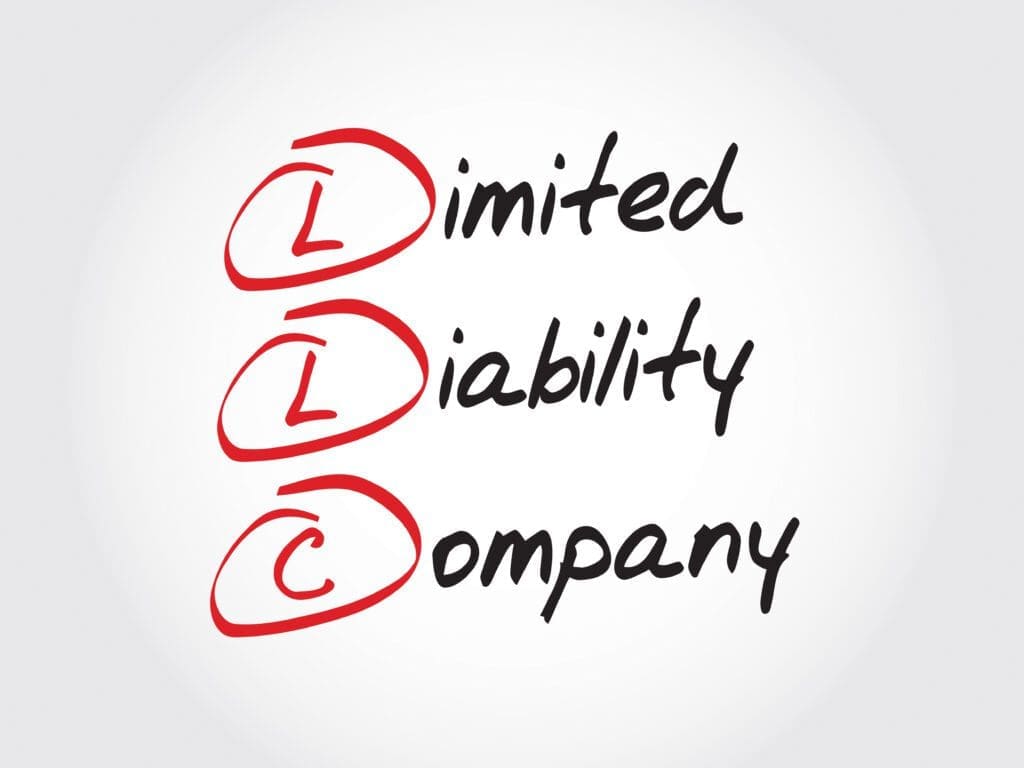
There are many different types of business structures you should think about when starting a business. Each one has its own set of benefits and challenges. For example, a sole proprietorship is the simplest and cheapest type of business to start up. Still, it also exposes you to higher risks. On the other hand, a corporation offers limited liability protection to owners. Here’s a list of some different types of businesses:
Sole Proprietorship:
This is the simplest and cheapest type of business to start. You can generally get all the necessary permits and licenses from your county or municipality for free or at a small cost. There’s no board approval needed, and you report your income on Schedule C (a simplified tax return form for small businesses). However, if someone sues your business, your personal assets are at risk.
Partnership:
Another simple business structure to set up is a partnership. Two or more people can share the business ownership, liabilities, and profits or losses equally (though they should agree on how shares are allocated). A limited liability company (LLC) is also considered a type of partnership by default. In a partnership, each partner contributes money or property to the business. If the company fails, the creditors may come after one partner’s personal assets to pay off outstanding debts.
Limited Liability Co (LLC):
An LLC is a popular structure for a small business because it provides you limited liability protection from lawsuits and allows the company to choose its tax treatment (such as disregarded entity, a pass-through business where the income is to be reported on the owners’ personal income tax returns, or a corporation). In addition, in an LLC, you can split profits and losses any way you want.
A C Corporation:
In this type of company, shareholders receive stock certificates indicating their ownership. Thus, the corporation benefits from an automatic shield to claims against its assets (unless it acted fraudulently). There is also no limit on the number of shareholders. Thus, it’s best for companies that plan to issue shares publicly and go public in the future.
Subchapter S Corporation:
This type of corporation is a small business that has shares and limits the number of shareholders. The shareholders get income dividends (not profits) and share in corporate losses up to their investment. This structure provides limited liability protection and simplifies accounting. Still, it has more requirements than a C corporation: You need to hold an annual meeting, keep minutes of the meetings, and keep detailed financial records. In addition, an S Corp has to have a board of directors.
These are just a few examples of different types of businesses you could start. There are many choices available to you once you determine what your business will do. You can also hire professionals to help you decide which type is best for your goals or talk to people who have already started businesses in your field.
Take Care of Any Legal Concerns: Register Your Business
Once you’ve determined your business type, it’s time to register your company with the appropriate government agencies. For example, suppose you’re using a business structure other than a sole proprietorship or general partnership. In that case, you’ll need to decide whether to form an LLC, corporation, or another legal entity. Many states have different requirements for registration depending on what kind of business you have. You can use the LegalZoom website to file your company’s formation with the appropriate state agency.
When deciding whether to choose an LLC or corporation, remember that a corporation requires more paperwork and legal steps than some other structures. Therefore, if you are just starting out, it may be easiest to set up an LLC instead and convert to a corporation later.
Choose Your Business Name:
Before registering your business, you must determine what you will call your company. Trademarks are different from patents and copyrights in that trademarks protect names, slogans, symbols, or designs used to distinguish goods or services of one manufacturer or seller from another.
Research the name you have in mind and make sure it doesn’t conflict with any other trademarks. You can search the United States Patent and Trademark Office’s website for existing trademarks, or you can hire an attorney to do so. A quick web search will show you whether your business name is already taken. Once it is registered, no one else in your state can use your company name.
Trademark your Business Name:
When you have a business name that you’re happy with, protect it from potential infringements by trademarking it. To do this, apply through the United States Patent and Trademark Office.
File for a Federal Tax ID Number:
You’ll need to file for an Employer Identification Number (EIN) with the Internal Revenue Service. The EIN is like the Social Security number of your business, and it is required whether you are an LLC, corporation, or sole proprietorship.
You can apply for an EIN online on the IRS website, by mail, or with Form SS-4. The application is relatively simple and can be completed in about 10 minutes. The form will ask you for your business name, address, phone number, year-end tax date, etc. After applying, check back on an IRS website to verify that they received your information correctly.
Apply for Licensing and Permits:
Each state has its own requirements regarding the licensing and permits required for businesses to operate officially. Licensing generally applies only to specific companies, such as those selling a product or providing a service.
In addition, each municipality may have its own rules regarding what you need to do to open your business there. For example, suppose you want to sell food in a specific area of the city. In that case, there might be a separate health department permit that you must obtain before doing so.
Open a Business Bank Account:
Whether you are operating as a sole proprietorship, LLC, or corporation, it’s necessary to have a bank account for your small business.
Your company needs a separate business bank account from your personal account. If there is ever a dispute or lawsuit against the company, creditors cannot go after your personal assets. In addition, once you start earning money, this account will be needed for bookkeeping, tax purposes, and a business credit card.
Look Into Business Insurance:
Different types of small business owners will have different types of business insurance requirements when starting a business. Still, it is best to play it safe and consult an insurance agent before beginning operations. You should be thinking about business insurance with liability coverage for accidents that might happen on your property or with your products, as well as workers’ compensation insurance if you have employees.
Obtain Funding for Your Business:

If you decide to go into business for yourself, you will likely need start-up capital. There are several ways to do this, including getting a personal loan from a bank or credit union, borrowing money from family and friends, or obtaining a small business loan. Small business grants may also be available in your area.
Small Business Loans:
The Small Business Administration offers many different loans for small businesses that need to cover start-up costs. They can provide many business owners with up to $500,000 to finance your business. Still, there are specific eligibility requirements you must first meet. The SBA also offers its own grants and awards programs for women-owned businesses as well as minority-owned businesses.
For more information about funding your business with an SBA loan, check out SBA’s informational guide to the most common types of financing.
SBA Grants:
If you don’t need to borrow money to start a business but would still like some help getting started, SBA grants are also available.
You do not have to pay these awards back, even if your company fails.
Angel Investing Groups:
These are groups of individuals who pool their money to invest in business costs for a new company. This group approach means that you might be able to get more money than if you just went to a bank or applied for an SBA loan yourself.
Although there are no guarantees of success, meeting with angel investor groups is an excellent way to raise the seed money you need to start your business. There are several different avenues to find angel investors, such as networking with other entrepreneurs or searching online.
Venture Capitalists:
These are large groups of investors who invest enormous amounts of money into high-growth, high-risk small businesses while the business grows. So if you don’t know how much revenue you could bring in, or you do not think you will bring in a lot of income early on and want to spend more time developing your product or service, this might be a good option for you.
However, this is not a good option if you need a lot of money just to get started or have a high-growth plan from the get-go. Your investors will want to see rapid growth and expansion, so they typically won’t invest unless they can see your company making upwards of $1 million in revenues within two years.
Crowdfunding:
Crowdfunding has quickly become a go-to source for small businesses looking to raise capital. Websites like Kickstarter and IndieGoGo make it easy for anyone to get the funding they need for start-up costs for their new idea, business, or invention.
These websites usually have an upfront cost associated with them, but running a crowdfunding campaign lets you tap into an audience looking for new and innovative ideas and products. You can also offer incentives to your backers, like providing discounts or samples of the product in return for the financial support of early customers and independent contractors.
In the early phases of a start-up, it is normal for a company to be under-capitalized, which may necessitate the use of multiple sources of financial assistance.
Bookkeeping and Accounting:
Even if you are just starting out, you will need to keep track of the money coming in and going out of your business. You also want to make sure that everything gets reported correctly on your income taxes. You can do this by hiring an accountant or bookkeeper to keep track of everything for you.
If you choose not to do this, you will have to do it yourself. It is best to start this early on rather than later when your records may grow more complex.
If Needed, Hire Employees:

As you continue to grow and your company starts making more money, you may find that you need to hire employees to run smoothly.
Several federal regulations are involved with hiring a team member, so make sure you know all of the guidelines before you start interviewing people for open positions. As your company grows, keeping track of all the necessary paperwork can become very difficult. To keep everything straight and compliant with the law, you may want to hire a human resources manager.
Deciding whether or not you need employees will depend on what type of business you are running and how many customers it serves. You don’t want to make this decision before you are ready, or you could end up spending too much money on something that is not necessary.
Marketing Strategy

Marketing your product or service is vital if you want to attract new customers and grow your revenue. However, this can be expensive and difficult, especially when you are just starting out.
One of the best ways to market your company when you are in the early stages is through social media outlets like Twitter, Facebook, Pinterest, and LinkedIn. This strategy is cheap and can quickly increase your brand awareness. You can also create a website for your company to give potential customers more information about what you have to offer.
Another top marketing tactic is search engine optimization. This means that your website appears on the first page of search engine results when people are looking for your product or service. Some experts recommend building a website before you even start selling anything, just so that you have a better chance of being found by potential customers.
Traditional marketing methods, such as direct mail, coupons, and print advertising, can be used in conjunction with digital marketing.
Once you have something worth marketing, you should send press releases to newspapers and magazines that cover your industry or specific audiences that would be interested in your product or service.
Contact Fusion Marketing Today

While you can do a lot of your marketing on your own, hiring a marketing company like Fusion Marketing in Eastpointe, Michigan, is a great way to make sure you are doing things the right way when it comes to digital marketing. From T-shirts to business cards, and everything in between. Fusion Marketing is your one-stop-shop for all of your promotional needs.
Fusion Marketing can help you with the following services:
- Social media marketing – SEO – Search engine marketing – PPC campaign management – Email marketing campaigns – Content marketing campaigns – Blog writing and social sharing
- Graphic design of logos, brochures, business cards, and more
- Mobile marketing campaign management – Website design and maintenance
Everyone that is in business needs something — customers! Fusion Marketing has been helping businesses get the attention they deserve in the digital age since 2013. Contact us today for more information on how Fusion Marketing can make your company more lucrative with comprehensive marketing strategies!
